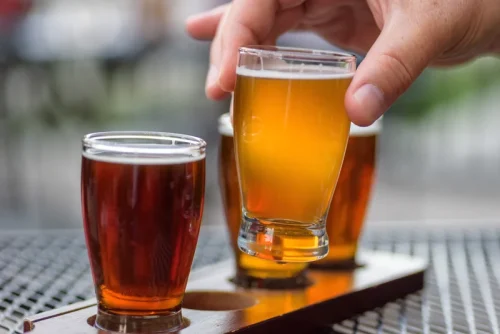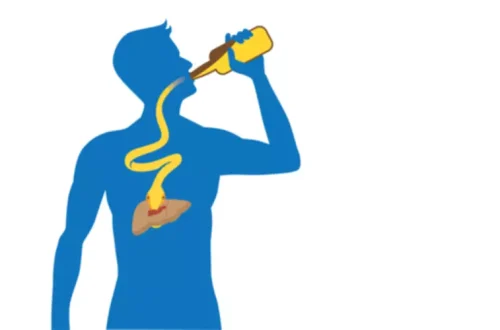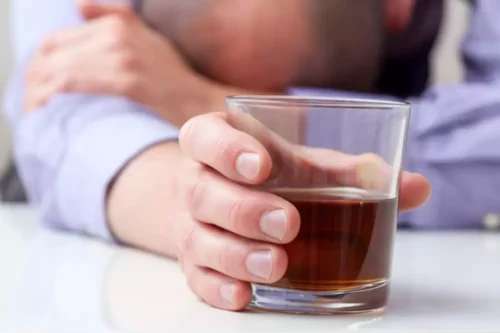
A slipup is a short-lived lapse, often accidental, typically reflecting inadequacy of coping strategies in a high-risk situation. It’s important for people in recovery to be aware of the internal triggers they struggle with the most and have a plan in types of relapse triggers place to seek support when needed. People at risk of a relapse should avoid stressful situations that are likely to push them to use drugs and alcohol. Contact a healthcare professional if you or someone you know suffers from a substance use disorder.

Tactics to Prevent Mental Relapse

Treatment for addiction can help clients work through a relapse and begin taking active steps to change their behavior. In fact, between 40% to 60% of people with a substance use disorder relapse at some point in their recovery journey. One of the biggest risks during drug recovery is that someone who is recovering from using a substance will relapse and begin taking that substance again. To avoid relapse, it is important to understand the risk factors and causes that typically lead to relapse.
Warning Signs of Relapse: Depression, Stress, and Other Triggers
When you’re reminded of your addiction, it’s important to have effective ways of handling your feelings. For instance, if you’re an alcoholic and a group of drinking buddies ask you to go out, or you see people from work going to happy hour, it might help to have a specific response ready. Mental health conditions may be a significant internal trigger, especially if you have an undiagnosed mental health disorder. Rather than try to address each individual one, a helpful strategy may be to develop healthy ways of dealing with stress in general.
Relapse Prevention Plan: Techniques to Help You Stay on Track
Managing the four main triggers for relapse in recovery is a crucial part of the recovery process. It involves understanding and identifying the triggers, seeking professional support, and engaging with the community for support. Different types of therapy, such as cognitive-behavioral therapy, mindfulness-based therapies, and dialectical behavior therapy, can be used to help individuals manage their cravings and avoid triggers.
- Please keep in mind that you are not the cause or responsible if there is a relapse.
- Developing a simple plan and having a supportive community can aid in managing triggers effectively [3].
- Second, recovery is a process of personal growth with developmental milestones.
- Possible substitutes can be designated in advance, made readily available, listed in a relapse prevention plan, and swiftly summoned when the need arises.
- Individuals who experience a relapse of cocaine use are likely to experience several warning signs long before returning to substance use.
For one, it bolsters self-respect, which usually comes under siege after a relapse but helps motivate and sustain recovery and the belief that one is worthy of good things. Too, maintaining healthy practices, especially getting abundant sleep, https://ecosoberhouse.com/ fortifies the ability to ride out cravings and summon coping skills in crisis situations, when they are needed most. Some people arrange a tight network of friends to call on in an emergency, such as when they are experiencing cravings.
- This stage is characterized by a tug of war between past habits and the desire to change.
- When non-addicts do not develop healthy life skills, the consequence is that they may be unhappy in life.
- The growth stage is about developing skills that individuals may have never learned and that predisposed them to addiction [1,2].
- When the urge to use hits, remind yourself why you started down the path to recovery in the first place.
- Expectancy theory has shown that when people expect to have fun, they usually do, and when they expect that something will not be fun, it usually isn’t [15].
- Being aware of the stages of relapse and having a plan to deal with them can help prevent you from using again.

Identifying Your Personal Triggers
- As their tension builds, they start to think about using just to escape.
- One of the challenges of therapy is to help clients practice telling the truth and practice admitting when they have misspoken and quickly correcting it.
- Instead, learn how to practice relaxation, and how to be relaxed in any and every situation.
- These patterns typically manifest in adolescence or early adulthood and persist over time, causing significant distress and impairment in various areas of life.

